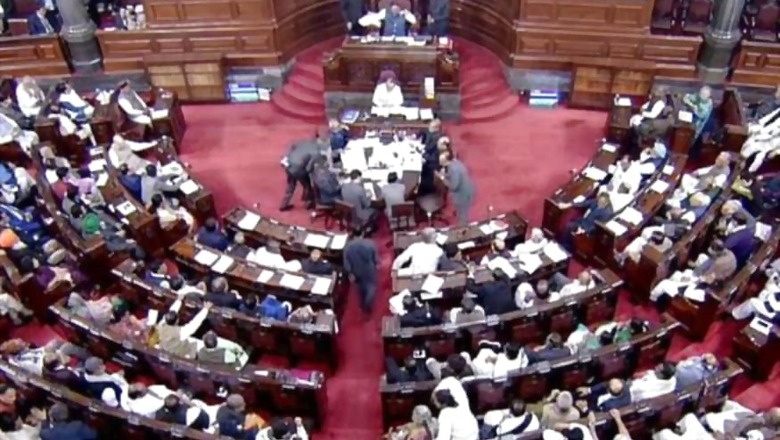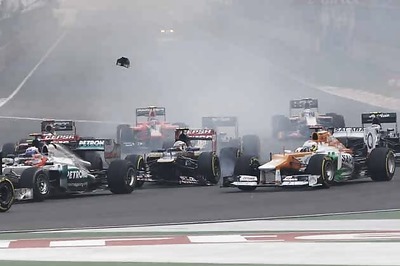
views
There has been a war of words between the government and opposition over doing away with Question Hour during the upcoming monsoon session of Parliament. Opposition MPs have said this is an attempt to stifle their voice, to ward off accountability.
Has Question Hour been blocked for the first time? Here is what the records say: it was done in 1962, 1975, 1976, 1991, 2004 and 2009. The 1975 and 1976 instances were during Emergency. Many of the opposition leaders were even jailed.
Parliamentary affairs minister Pralhad Joshi has confirmed that there will be questions to be answered by the government. There will be 160 ‘unstarred questions’ to elicit information. Besides, there will be ‘special mentions’, up to 10 in number, to bring matters of importance to the notice of the government.
Sources in the government say Parliament is going to discuss various important issues of concern to the people and the country including the Covid-19 pandemic, the state of the economy and other developments that will be brought before the Business Advisory Committee (BAC) and agreed upon. The provisions of short-duration discussion (SDD) and calling-attention notice (CAN) are very much there to discuss important issues.
Official figures show that during 2015-19, only about 40% of the total available Question Hour time was availed to raise questions and obtain oral responses of the government. As a result, 60% of the Question Hour time went unused on account of disruptions, etc.
During 2015-19, the Rajya Sabha held a total of 332 sittings. During this period, a total time of 332 hours was available for the Question Hour at the rate of one hour for each sitting.
As against the total available time of 332 hours during this period, only 133 hours and 17 minutes was spent on raising questions and obtaining oral replies from the concerned ministers. This comes to only about 40% utilisation of the Question Hour time.
Actual time spent on Question Hour was: 18 hours 07 minutes during 2015; 34 hours 48 minutes in 2016; the maximum of 35 hours 13 minutes during 2017; the lowest of 14 hours 29 minutes during 2018; and 30 hours 40 minutes during 2019.
The time spent on Question Hour crossed 50% of the available time only once during this five-year period in 2017. Year-wise, the actual time spent on Question Hour was 26.25% of the available time during 2015; 48.33% during 2016; 57.73% during 2017; the lowest of 22.28% during 2018; and 47.17% during 2019.
Top sources in the government confirmed to CNN-News18 that there will be a half-an-hour slot for Zero Hour which may be stretched up to an hour or so depending on the Chair.
It may be noted that the government has reached out to all political parties for the smooth functioning of the session. Deputy leader of the Lok Sabha Rajnath Singh has made calls to several top leaders of political parties like Ghulam Nabi Azad, Adhir Ranjan Chowdhary, Farooq Abdullah, Sharad Pawar and Derek O’Brien.
Parliamentary affairs ministers Prahlad Joshi, Arjun Meghwal and V Muraleedharan have also called several party leaders. Joshi has spoken to National Conference MP Abdullah, TMC’s Sudip Bandyopadhyay, Vijay Sai Reddy of the YSRCP, Tiruchi Siva and TR Baalu of the DMK, and Pinaki Misra of the BJD among others.
Some parties had objected while most parties had agreed with what the government proposed including senior parliamentarians like Sharad Pawar, Farooq Abdullah, HD Deve Gowda and Sudeep Bandyopadhyay.


















Comments
0 comment